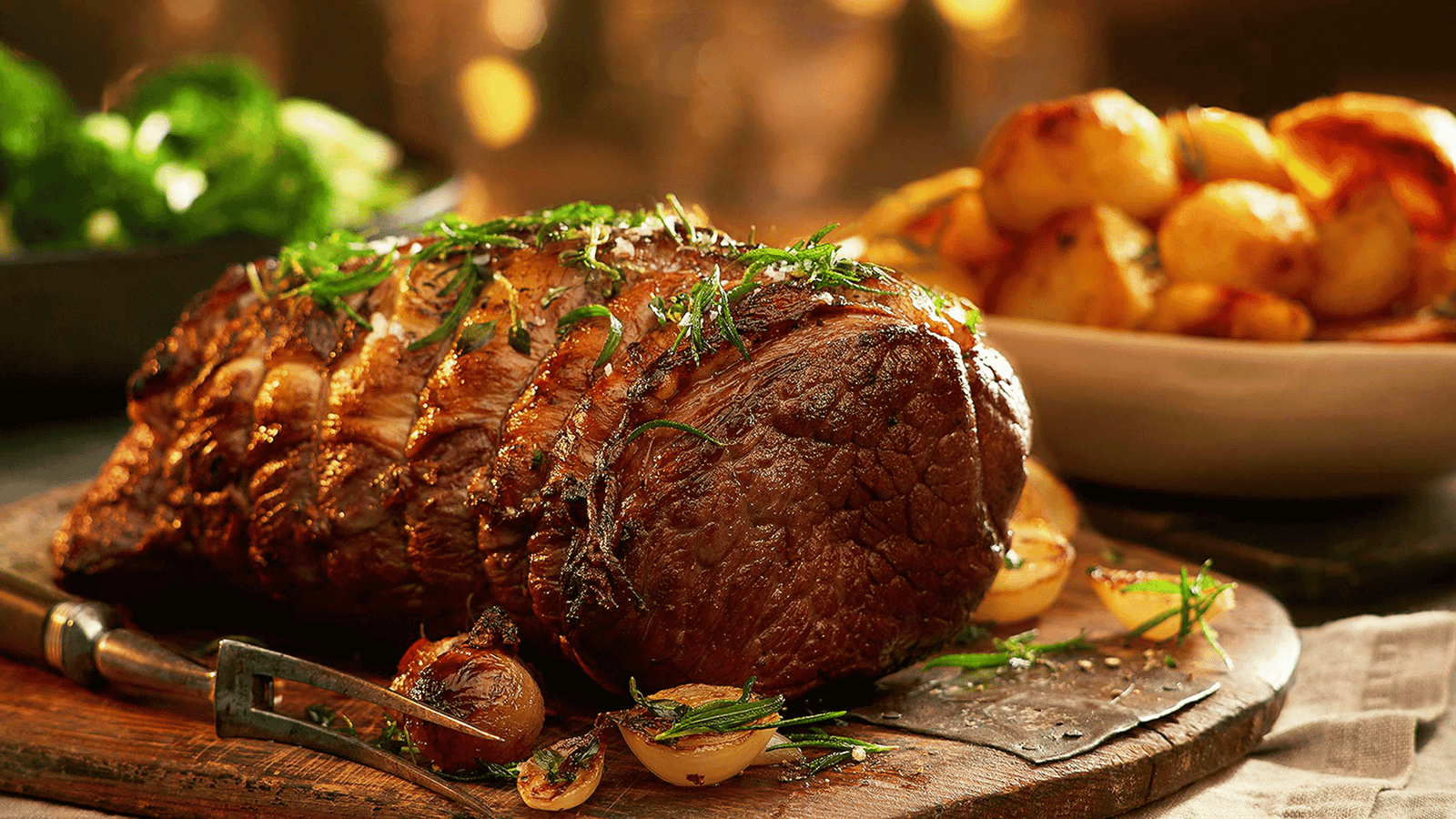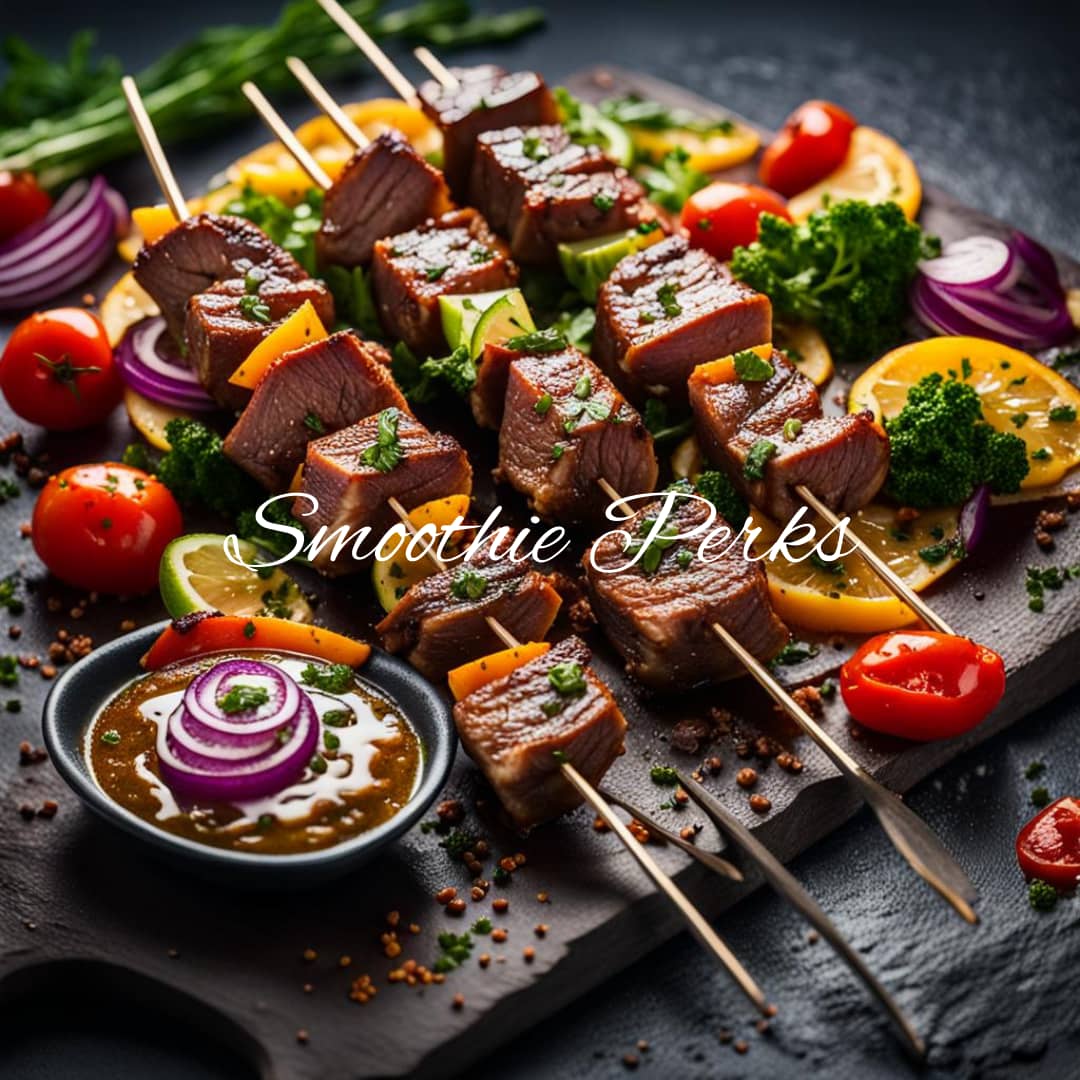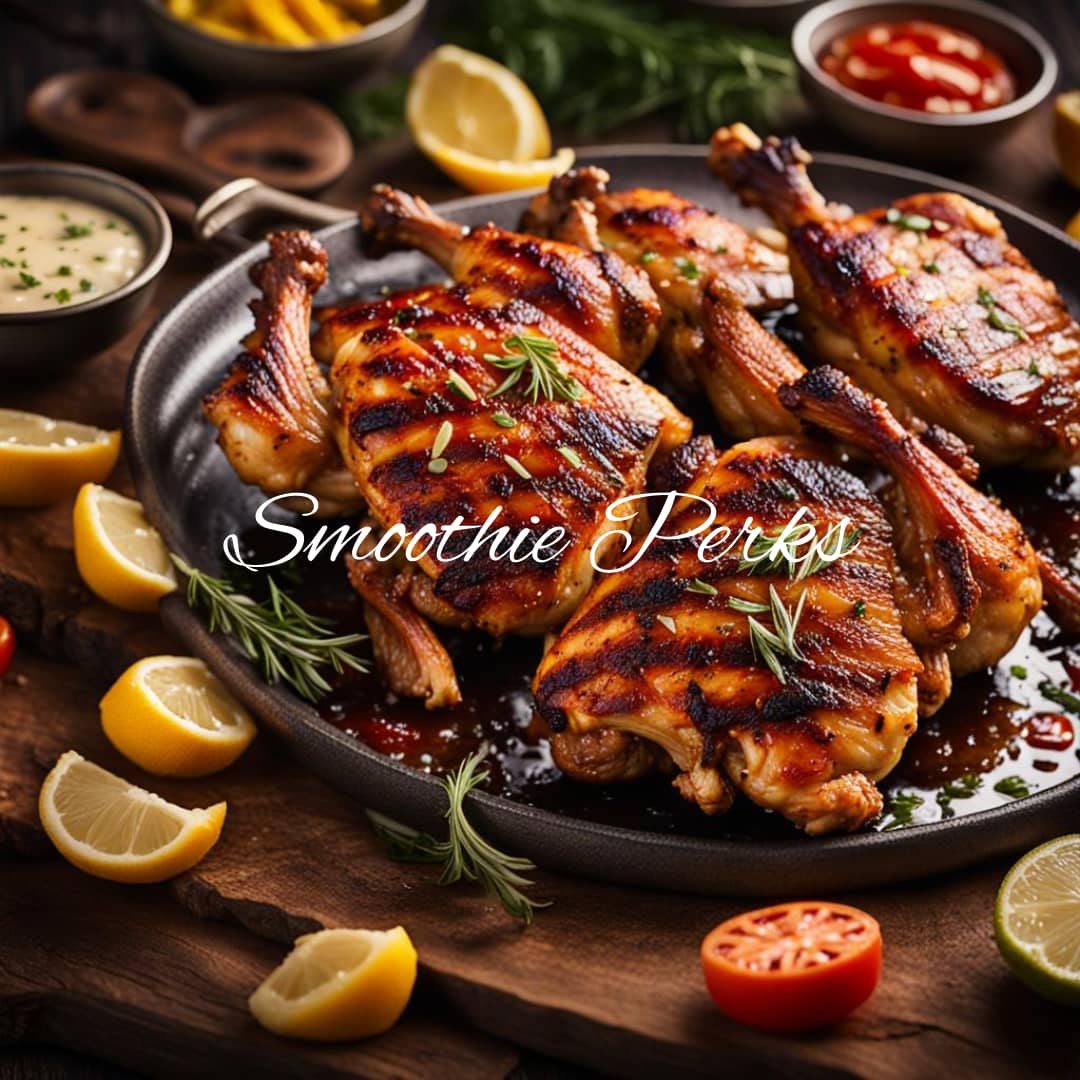Marinating meat and poultry is a culinary technique that involves soaking these proteins in a flavorful mixture of ingredients before cooking. This process serves several important purposes and plays a crucial role to easily enhance the taste and texture of meat and poultry. Here are some key reasons why marinating meat and poultry is important for creating flavorful dishes:
Flavor Enhancement:
Marinating infuses meat and poultry with a wide range of flavors, including herbs, spices, acids (such as vinegar or citrus juice), oils, and other seasonings. These ingredients penetrate the meat, adding depth and complexity to the overall taste. As the proteins absorb the marinade, they become seasoned from the inside out, resulting in a more flavorful end product.
Flavor enhancement through marination is a culinary process that goes beyond just adding taste to the surface of meat and poultry. It involves a multi-dimensional approach to infuse these proteins with a symphony of flavors. Here are some key aspects to consider:

Seasoning Depth:
Marinating doesn’t merely season the outer layer of the meat or poultry; it allows flavors to penetrate deep into the muscle fibers. This results in a more well-rounded and intense flavor profile. The longer you marinate, the deeper the flavors can permeate, though it’s essential to balance this with not over-marinating, which can lead to a mushy texture.
Balancing Ingredients:
A well-crafted marinade typically consists of a combination of ingredients that provide a harmonious balance of flavors. For example, you might have the acidity of citrus juices or vinegar, the heat of spices like chili or pepper, the sweetness of sugar or honey, and the savory notes of herbs and aromatics like garlic and onions. These components work together to create a complex taste that tantalizes the palate.
Umami Development:
Marinating can help accentuate the umami, the fifth basic taste, which is often described as savory or meaty. Ingredients like soy sauce, Worcestershire sauce, and mushrooms (which contain natural glutamate) are frequently used in marinades to enhance this savory quality, making the meat or poultry taste richer and more satisfying.
Flavor Infusion:
Marinating allows for the infusion of flavors not only on the surface but also within the protein itself. As the marinade ingredients interact with the meat’s proteins, they can create new compounds and reactions, resulting in unique and complex flavor combinations that develop over time.
Complementary Pairings:
Skilled cooks often pair specific marinades with particular types of meat or poultry to complement their natural flavors. For instance, a zesty, citrus-based marinade can enhance the delicate taste of fish, while a smoky, spice-heavy marinade might be used for robust cuts of beef. This thoughtful pairing enhances the overall dining experience.
Aging and Maturity:
Some chefs use marinating techniques akin to aging to achieve more profound flavor enhancement. This involves allowing meat to marinate for an extended period, sometimes days or even weeks. Over time, enzymes in the marinade can break down proteins further, intensifying the taste and tenderness of the meat.
Cultural Significance:
Marinating is an integral part of many culinary traditions worldwide. Different cultures have developed unique marinades and techniques that reflect their regional tastes and preferences. These traditions have been passed down through generations, adding richness and diversity to the global culinary landscape.
In essence, flavor enhancement through marination is a meticulous art form that combines science and creativity. It allows chefs and home cooks alike to elevate the taste of meat and poultry, creating dishes that are not only delicious but also rich in complexity, depth, and character. By understanding the nuances of flavor development in marination, you can master this culinary technique and take your dishes to new heights.
Tenderization:
Marinating can help break down tough fibers in meat and poultry, making them more tender and easier to chew. Acids in the marinade, like vinegar or citrus juices, work to partially denature proteins and soften muscle fibers. Enzymes present in certain ingredients, such as pineapple or papaya, also aid in tenderization by breaking down proteins.
Moisture Retention:
Marinating helps meat and poultry retain moisture during cooking. The marinade creates a protective barrier on the surface of the proteins, preventing them from drying out. This is especially beneficial for lean cuts of meat that tend to become dry when cooked.
Customization:
Marinating allows you to customize the flavor profile of your dish to suit your preferences. You can experiment with various combinations of ingredients to create unique marinades that cater to your taste. This versatility makes marinating a versatile technique suitable for a wide range of cuisines and dishes.
Aromatics:
Marinades often include aromatic ingredients like garlic, onions, herbs, and spices. These aromatic components not only add flavor but also contribute to the overall aroma of the dish. The enticing aroma can make the meal more appetizing and enjoyable.
Consistency:
Marinating provides a consistent flavor throughout the meat or poultry, ensuring that every bite is seasoned and flavorful. This uniformity is particularly important for dishes where individual pieces of meat or poultry are cooked separately, like kebabs or skewers.
Reduction of Cooking Time:
By marinating meat or poultry beforehand, you can reduce the cooking time since the proteins have already absorbed some of the heat during the marinating process. This can be especially advantageous when preparing quick and easy weeknight meals.
Versatility:
Marinating is a versatile technique that works for a wide range of proteins, including beef, chicken, pork, lamb, fish, and even tofu. It can be used for various cooking methods, such as grilling, roasting, broiling, or pan-frying, making it suitable for a variety of dishes and cuisines.
In conclusion, marinating meat and poultry is a crucial step in creating flavorful dishes. It not only adds depth and complexity to the taste but also enhances tenderness, moisture retention, and aroma. By experimenting with different marinades and ingredients, you can elevate your culinary creations and impress your guests with delicious, well-seasoned meals.
⭐ Say goodbye to store-bought supplements and transform your kitchen into a probiotic haven. Discover the art of fermentation and unlock the benefits of gut-friendly foods. Get ready for a slimmer waistline, a stronger immune system, and a happy gut. Check out the video here!
ⓘ Disclaimer:
Please note that the information provided in this blog post is for general informational purposes only and does not constitute professional advice. The author of this article is not an expert. It is important to consult with a qualified professional. The content of this blog post is based on the author’s personal experiences, research, and opinions. SmoothiePerks.com nor the author assumes no responsibility or liability for any consequences resulting from the use of this information. By reading this blog post, you acknowledge and accept that the information provided here is not a substitute for professional advice.
ⓘ Disclosure
Amazon Associates Program: smoothieperks.com is a participant in the Amazon Services LLC Associates Program, an affiliate advertising program designed to provide a means for sites to earn fees by advertising and linking to Amazon.com.
ⓘ Affiliate Disclaimer/Disclosure:
Please assume any links to 3rd party products are affiliate links for which I may receive a small payment from the vendor if you decide to sign up or purchase – at no cost to you.




2 thoughts on “Easily Enhance The Taste And Texture Of Meat and Poultry”